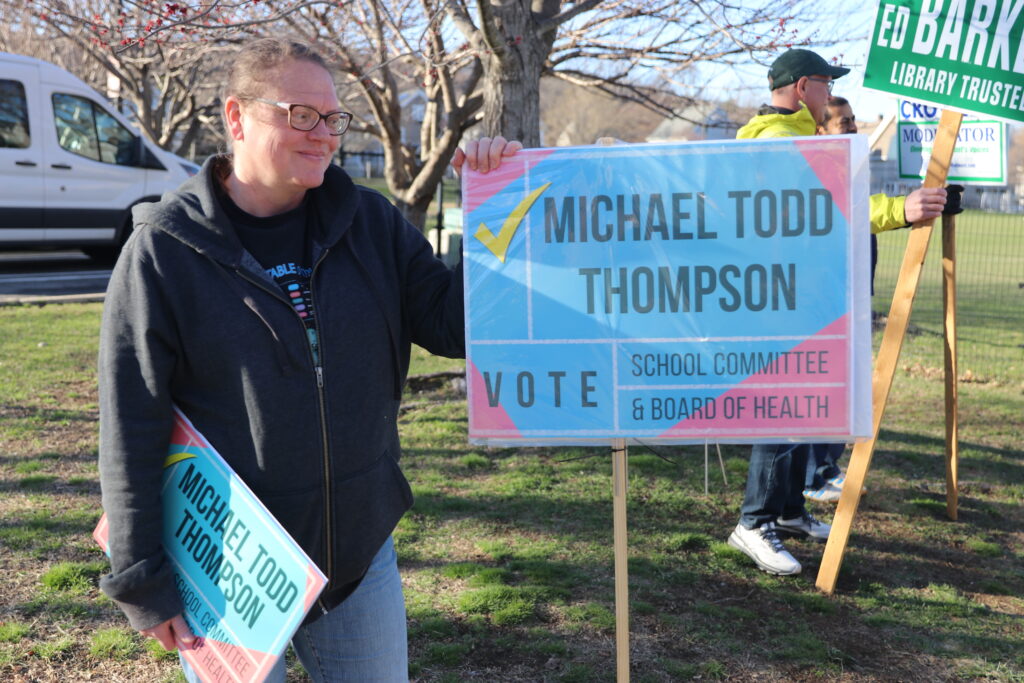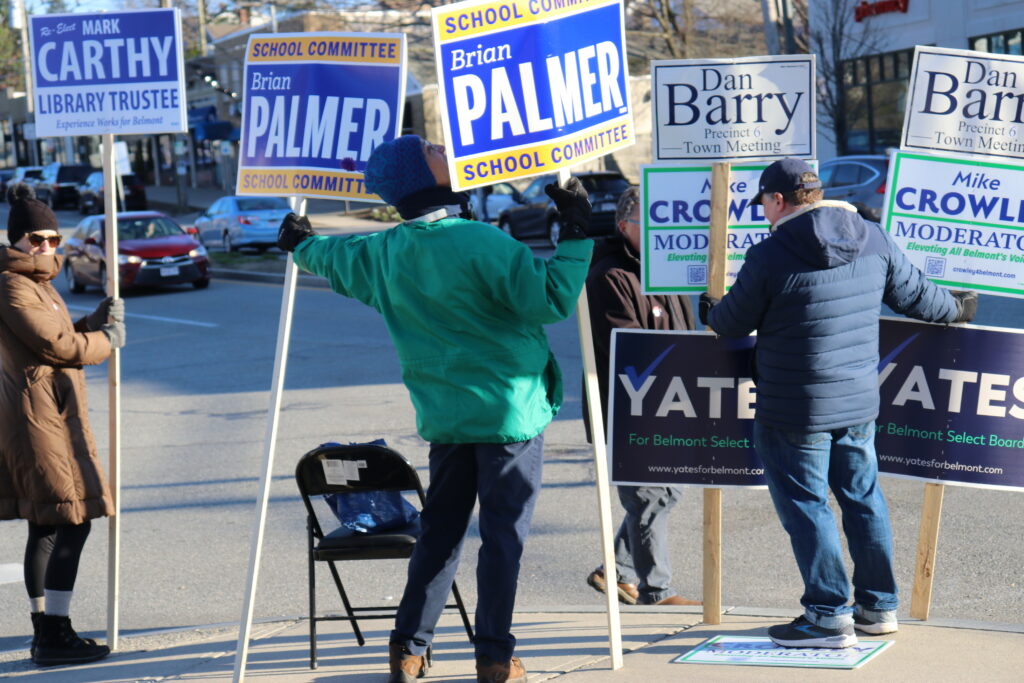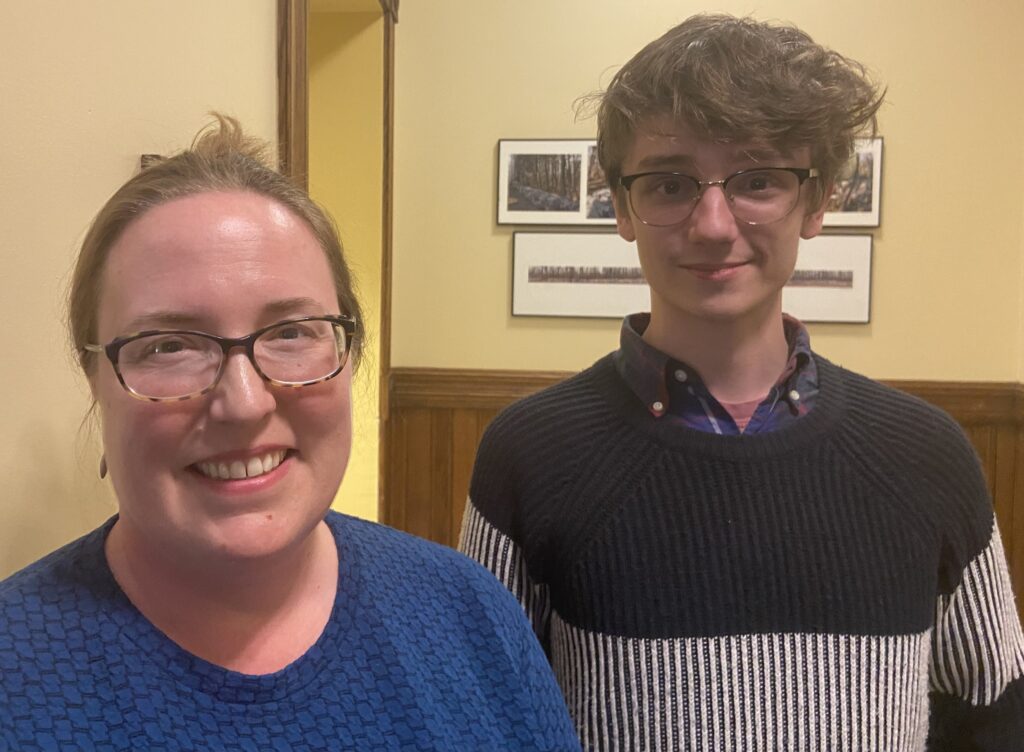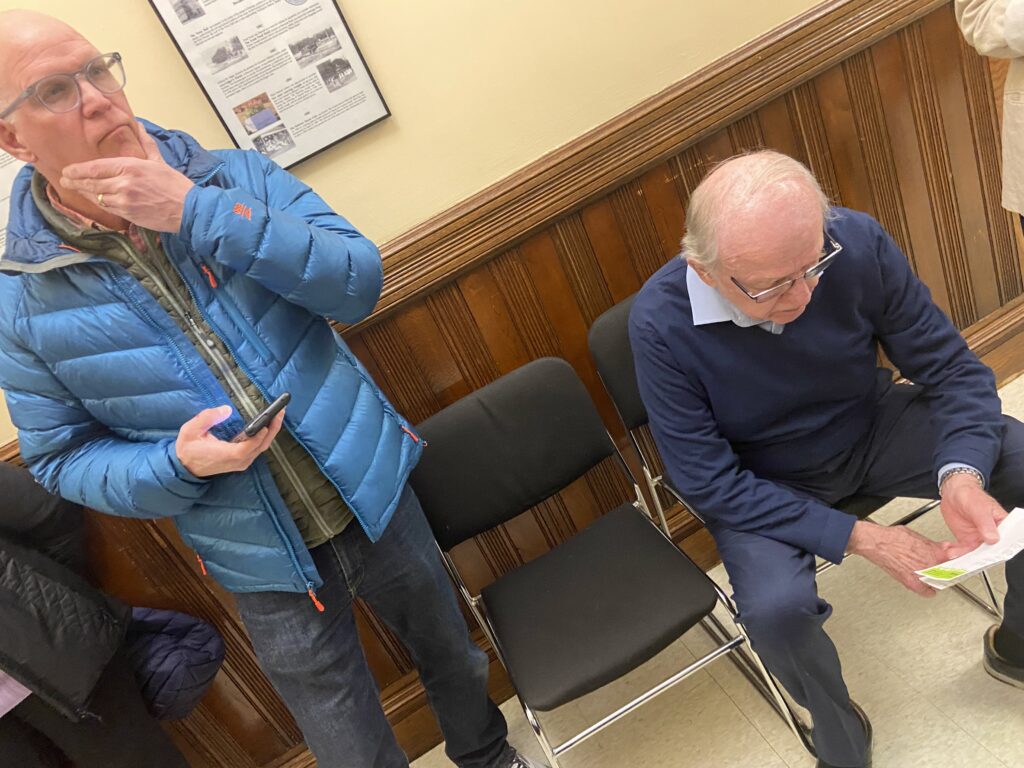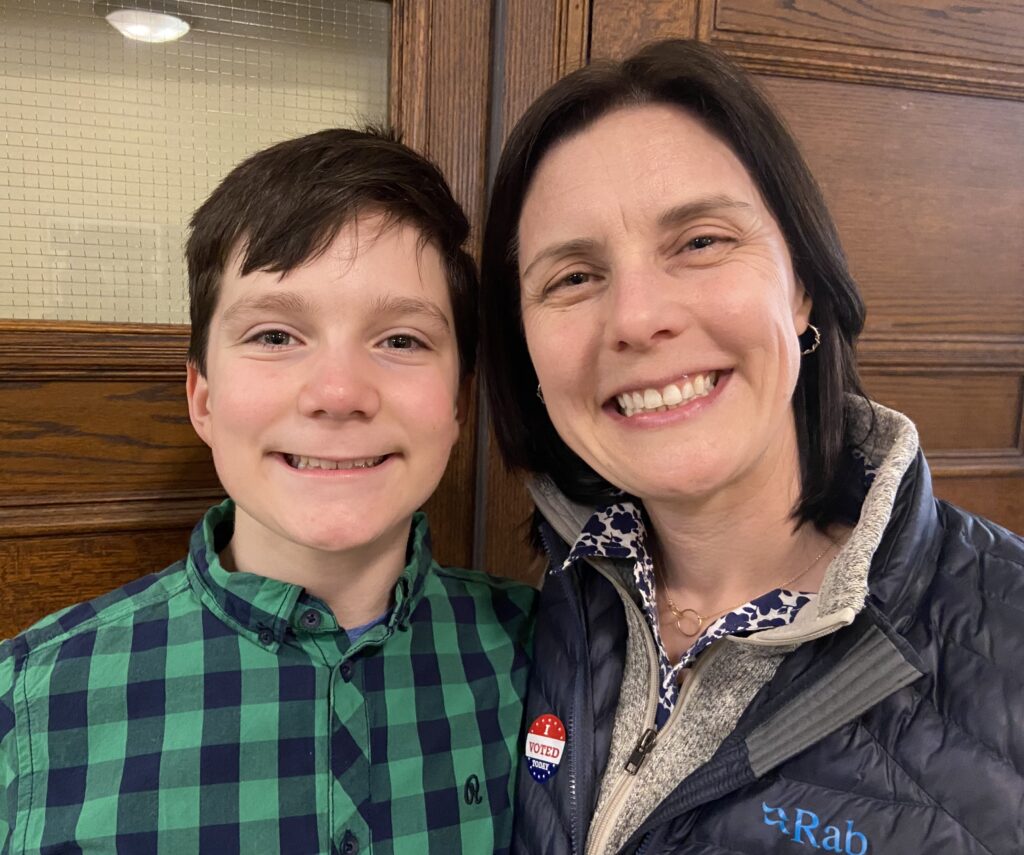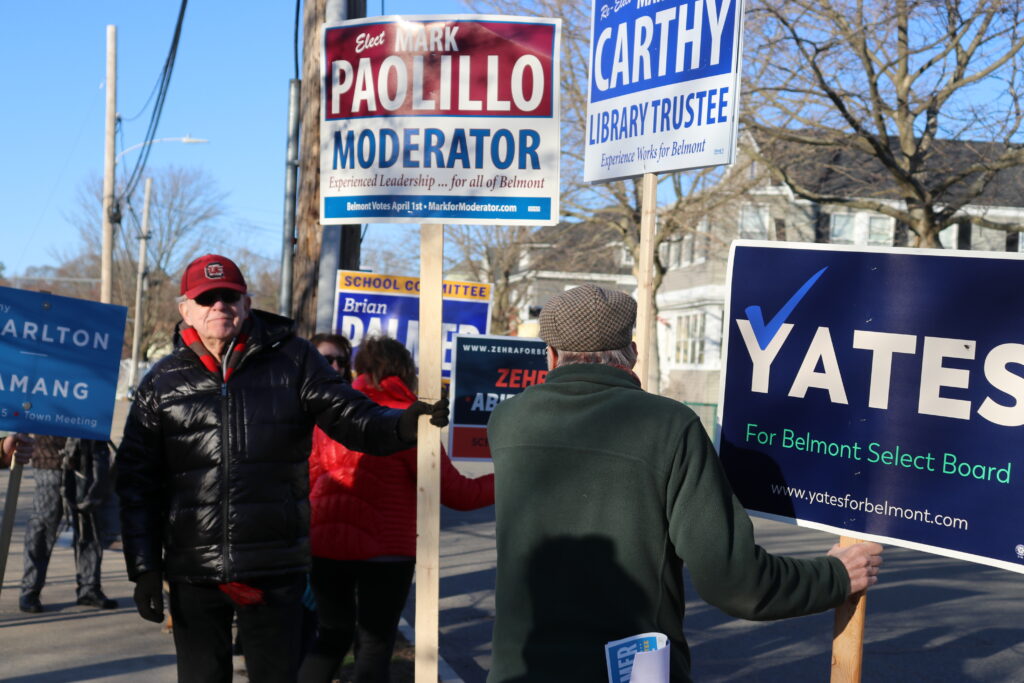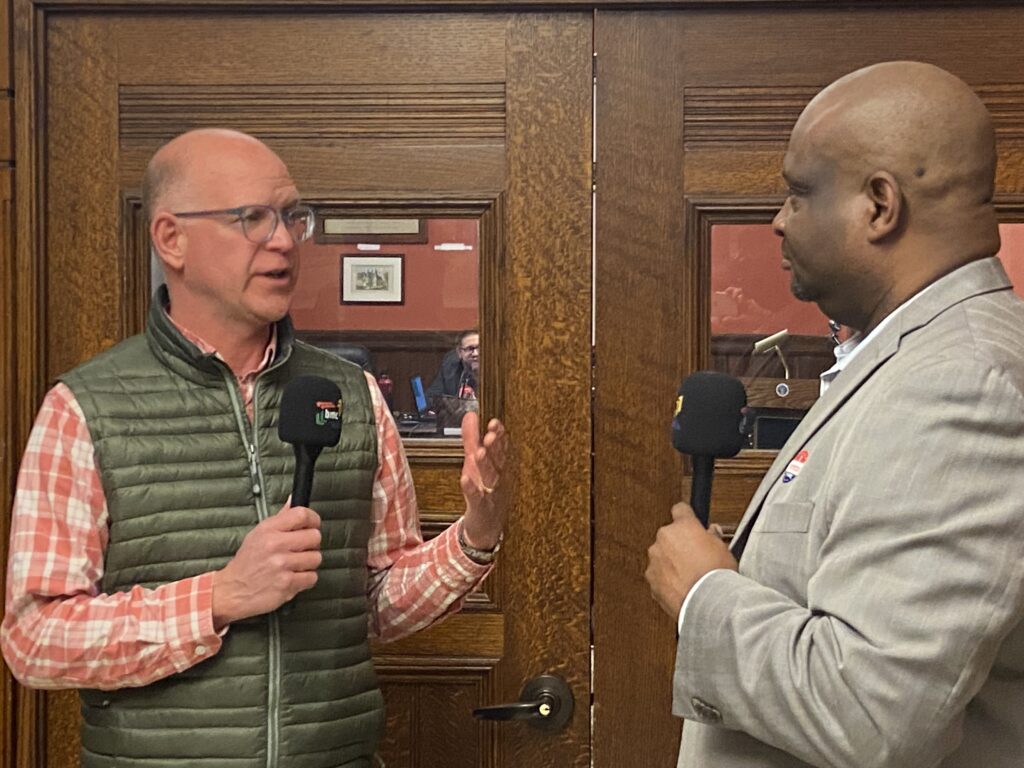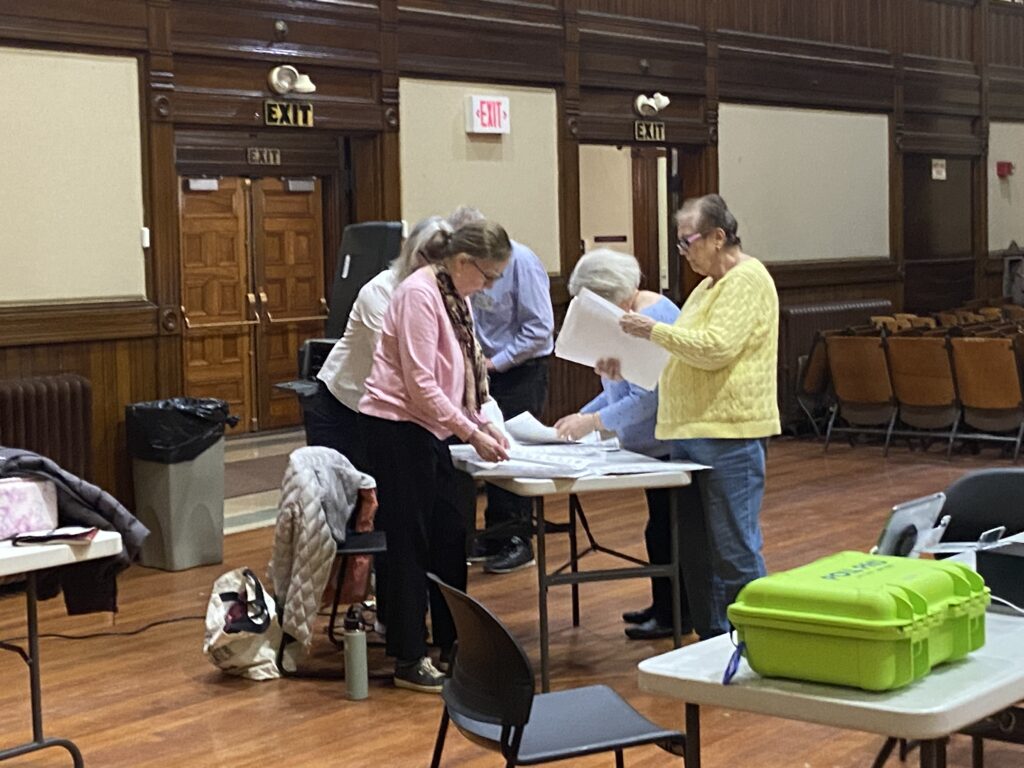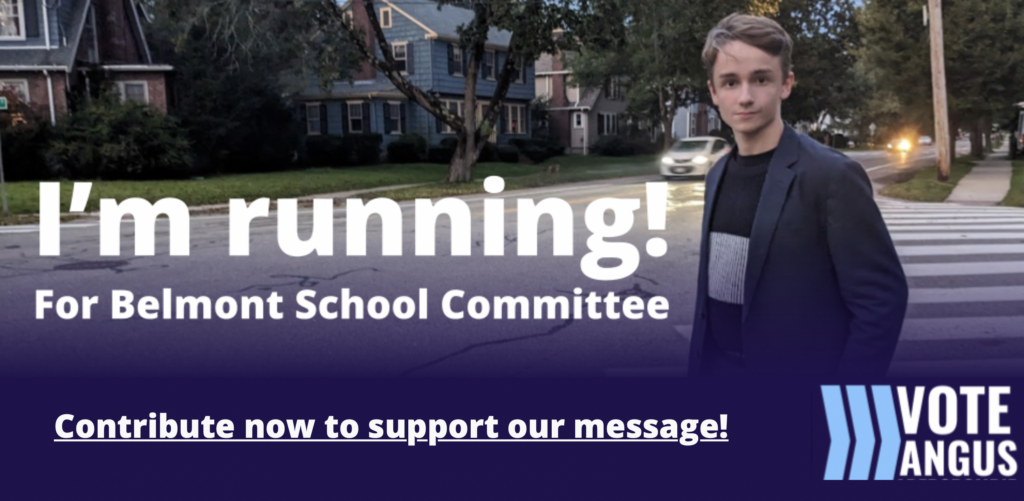Photo: Belmont Middle School
Students at Belmont Middle School and Chenery Upper Elementary School will face a nearly 50 percent jump in the cost to participate in many clubs, after-school activities, theater, and sports after the Belmont School Committee unanimously approved a $70 increase in extracurricular fees for the coming school year.
These new fees come three weeks after the School Committee sets a new fee structure for Belmont High School students participating in Visual and Performing Arts programs, which will also begin in September [See more information at the bottom of the article]
The committee believes the annual increase from $150 to $220 per student will reduce the extracurricular program’s reliance on the general school fund.
“We really are moving towards this concept that we want to decrease reliance on the general fund for these kinds of expenses,” said Amy Zuccarello, chair of the School Committee’s Finance subcommittee.

The activities fee increase comes as the Fiscal Year ’26 budget has a $100,000 reduction in the extracurricular line item for all schools.
“It is potentially helpful to offset that reduction [in the budget] so that we don’t have to impact programming as much,” said Superintendent Jill Geiser.
The higher fees in fiscal ’26 will increase the estimated revenue by $6,615 at the Chenery and $11,953 at the Middle School, resulting in a positive return of $3,160 at the CUE and $6,294. According to the district, these gains can be used to offset increased program costs and/or general fund expenses.
“[A]ny increase in fees will help to offset those projected deficits,” said Tony DiCologero, the district’s director of finance, business, and operations.
The committee had few options, with a likely stipend increase for the educators and staff leading the activities and increases in the general costs of running these programs.
“We don’t want to cut $100,000 from our activities,” said School Committee Chair Meg Moriarty, pointing to fees filling the funding gap. While she is empathetic to “parents who come forward and say ‘I pay taxes and I don’t want to pay another fee’ … But unfortunately in our community and with our budget, I think these are some of the hard choices we have to make” to keep extracurriculars at the two schools.
Committee member Zehra Abid-Wood asked if a process had been established to reach out to families unable to meet the new fee requirement. Zuccarello said there is a current waiver process that is being streamlined “to make it easier to access … which should help … where this is more difficult to pay.”
Moriarty also discussed how the committee could best deliver the news to the school communities: “I think we owe the community an explanation about how this increase in fees actually hits our budget. What are we doing with that money, and what does it still provide students? And if we didn’t [increase fees], what would we have to take away?”
“I think the School Committee can do a better job of providing that context publicly,” She said.
The new high school fee structure for VPA participants is a three-tier system, with levels aligning with participation.
- Music – $335 / year
- Marching Band/Color Guard, BMHS Winds, Jazz Ensemble/Jazz Combo, Chamber Music small ensembles, Madrigal Singers, a Cappella, Winter Percussion/Winter Guard
- Performing Arts – $500 / year
- Fall Semester: Broadway Night, Fall Play, Improv
- Spring Semester: Musical, One Acts, Improv
- Music and Performing Arts – $600 / year
- All activities in music and performing arts
